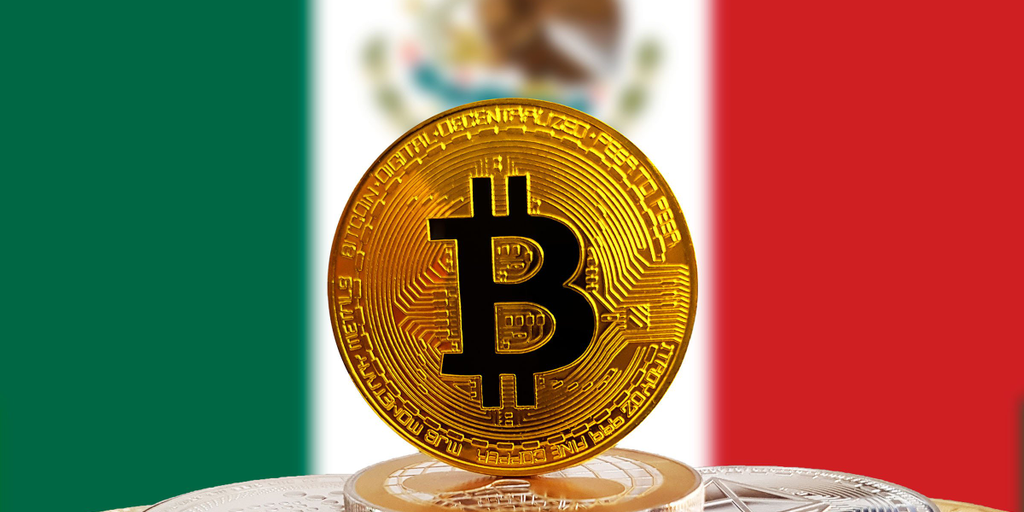Bitcoin Seesaws as Trump Broadens Tariff Delays
Introduction to the Current Market Landscape
The cryptocurrency market, alongside traditional stock markets, has recently experienced significant volatility. This turbulence is primarily attributed to President Trump’s ongoing efforts to impose tariffs on goods imported from America’s largest trading partners. The implications of these tariffs extend beyond just international trade; they have begun to ripple through various asset classes, including Bitcoin and other cryptocurrencies.
In the face of such economic uncertainty, investors are seeking clarity on how these developments might affect their portfolios. Understanding the interplay between tariffs, market sentiment, and cryptocurrency can help investors navigate these choppy waters.
The Impact of Tariffs on the Economy
President Trump’s push for tariffs has raised concerns among investors about potential economic repercussions. As tariffs increase the cost of imported goods, they could lead to higher consumer prices, ultimately affecting consumer spending and overall economic growth. Here are some key implications:
These factors contribute to a climate of uncertainty, which often leads to increased volatility across financial markets, including cryptocurrencies.
Bitcoin’s Reaction to Economic Uncertainty
Bitcoin, often viewed as a hedge against economic instability, has not been immune to the recent market fluctuations caused by tariff announcements. Investors typically flock to cryptocurrencies during times of economic unrest, yet the current environment has produced a mixed response.
Price Volatility
The price of Bitcoin has experienced significant swings in recent weeks. As the market digests news related to tariffs, Bitcoin has seen both surges and drops in value. Key factors influencing Bitcoin’s price include:
Investors are closely monitoring Bitcoin’s price as it reacts to ongoing developments in the tariff situation.
Long-Term Implications for Cryptocurrency
While the immediate effects of tariffs may cause short-term volatility, the long-term implications for Bitcoin and other cryptocurrencies could be more profound. Here are a few considerations:
As these trends develop, it will be essential for investors to stay informed about both macroeconomic factors and the evolving landscape of cryptocurrency.
Comparing Stocks and Crypto During Tariff Turbulence
As both stocks and cryptocurrencies respond to the tariff announcements, it is crucial to analyze their behavior in relation to each other.
Market Reactions
Typically, stocks and cryptocurrencies may react differently to news. Here are some observations from the current market environment:
Understanding these dynamics can help investors make informed decisions during turbulent times.
Conclusion: Navigating the Future
As President Trump continues to broaden tariff delays, the financial markets will likely remain in a state of flux. For cryptocurrency investors, this means staying vigilant and adapting to rapidly changing conditions.
In summary, the interplay between tariffs and market dynamics highlights the need for strategic planning. Investors should consider the following:
By understanding the implications of tariffs and staying informed, investors can better navigate the complexities of the cryptocurrency market during these challenging times.






